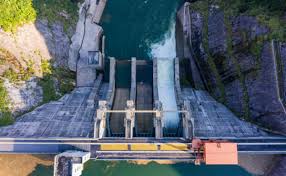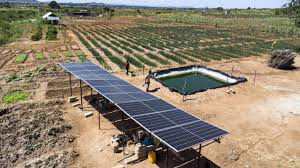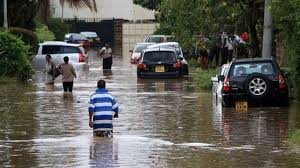The operations of Karura Forest in Nairobi may face serious disruptions after the Kenya Forest Service (KFS) ordered that all payments for forest entry, parking, and other services must now be made through the government’s eCitizen platform.
The new directive, announced on KFS’s social media on August 28, took effect immediately, catching many stakeholders by surprise — especially the Friends of Karura Forest (FKF), a community trust that has co-managed the forest for over 10 years.
FKF expressed concern over the sudden change, stating they were neither consulted nor informed before the decision was made. In a statement, the trust warned that the move shifts all revenue collection to the national government, leaving FKF without the funds needed to pay its staff, contractors, and service providers.
“We expect this unilateral decision by KFS to severely disrupt all forest operations,” FKF said. “We apologize for any inconvenience to our visitors and encourage inquiries or complaints to be directed to KFS.”
Karura Forest, located in Nairobi, is one of Kenya’s most successful examples of community-based conservation. The FKF, formed by local residents and environmental activists, has played a key role in protecting, maintaining, and improving the forest while making it accessible to the public for walking, cycling, and picnicking.
KFS says the move to eCitizen is meant to improve transparency, prevent corruption, and ensure that government revenue is properly accounted for. However, conservation groups argue that the way the policy was introduced — suddenly and without collaboration — undermines years of cooperation between KFS and the FKF.
It remains unclear whether FKF will continue managing daily operations at the forest, and how the government plans to use the funds collected through eCitizen to support the forest’s upkeep.
Karura Forest attracts thousands of visitors every week and has become a popular green space in Nairobi. If the current confusion over funding and roles continues, visitors may soon start to feel the impact — through reduced services, fewer staff, or limited access.
As discussions continue, FKF is calling for dialogue with KFS to find a way forward that protects both the forest and the people who have cared for it for more than a decade.



